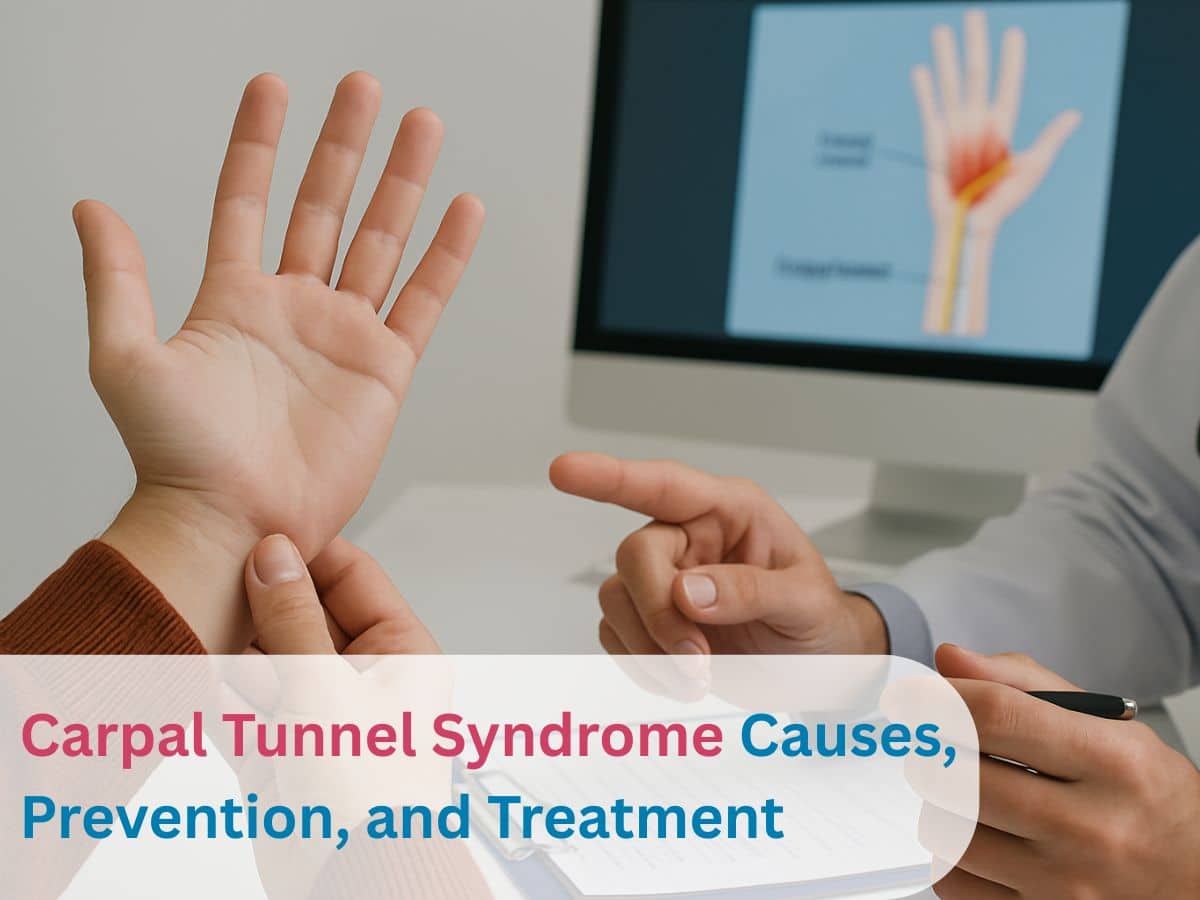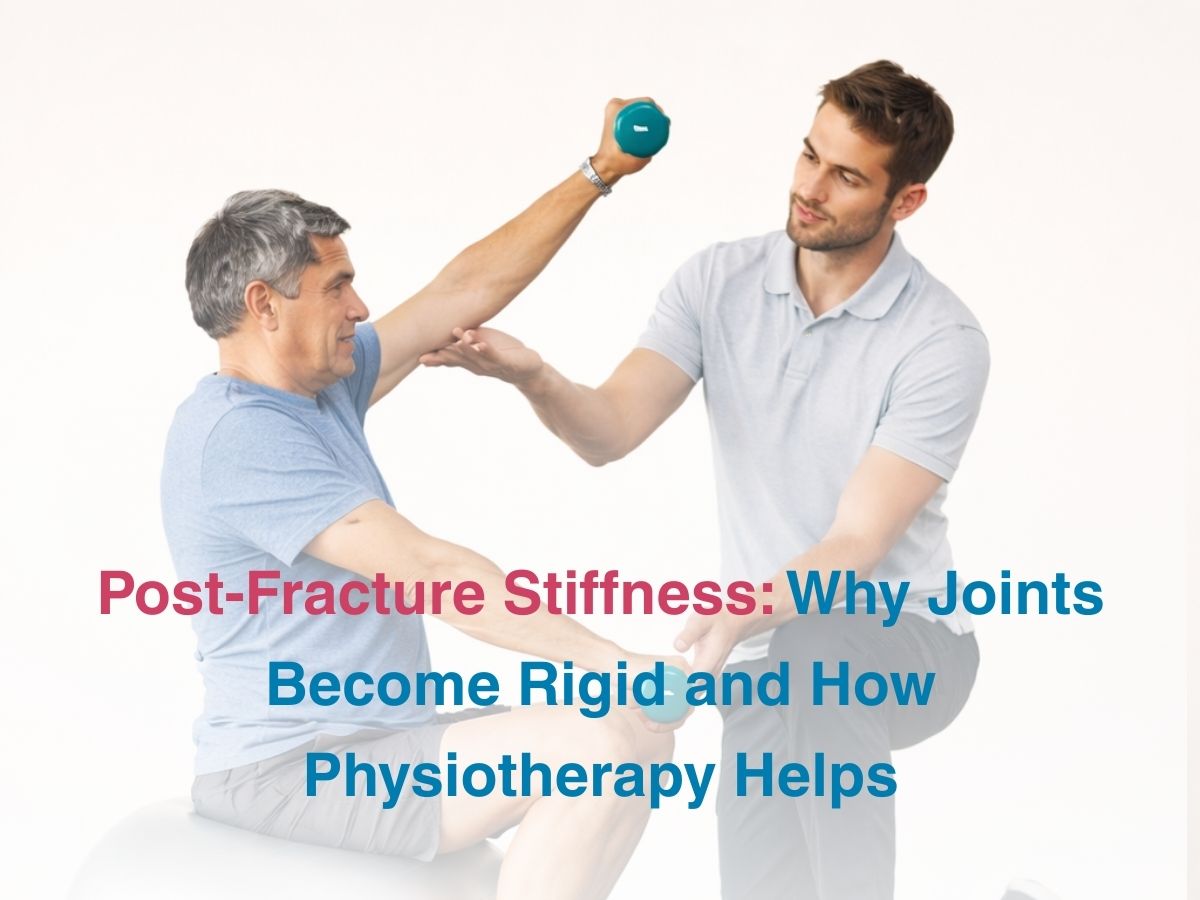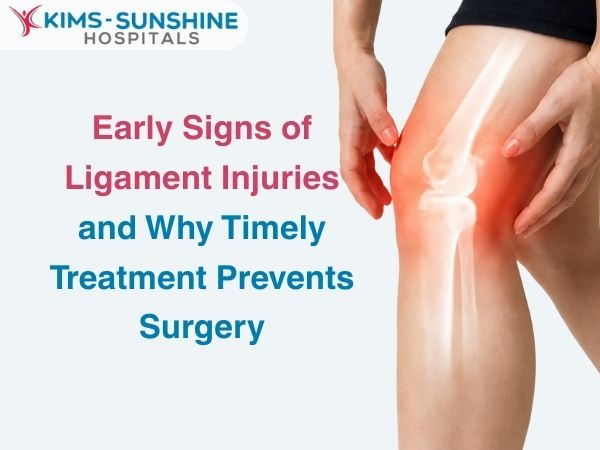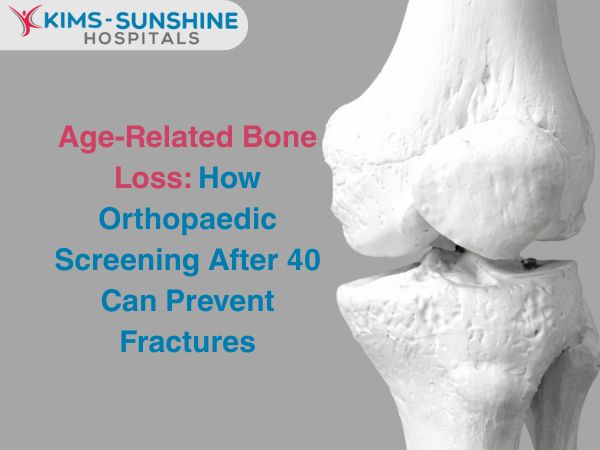
Carpal Tunnel Syndrome: Causes, Prevention, and Treatment
 Carpal Tunnel Syndrome (CTS) is one of the most common nerve-related conditions affecting the hand and wrist. It can disrupt daily life and interfere with activities as basic as typing, writing, or even gripping objects. Fortunately, with timely diagnosis and the right treatment approach from an experienced orthopedic specialist, the condition is manageable and often reversible.
Carpal Tunnel Syndrome (CTS) is one of the most common nerve-related conditions affecting the hand and wrist. It can disrupt daily life and interfere with activities as basic as typing, writing, or even gripping objects. Fortunately, with timely diagnosis and the right treatment approach from an experienced orthopedic specialist, the condition is manageable and often reversible.
If you’re experiencing persistent wrist pain, tingling in your fingers, or weakness in your hand, it may be time to consult an Orthopedic Doctor in Secunderabad or Orthopedic Doctor in Gachibowli for an evaluation.
What Is Carpal Tunnel Syndrome?
Carpal Tunnel Syndrome occurs when the median nerve, which runs from the forearm into the palm of the hand, becomes compressed at the wrist. This nerve passes through the “carpal tunnel”—a narrow passageway made up of bones and ligaments. When the tunnel becomes inflamed or narrowed, it can compress the nerve, leading to symptoms like:
- Numbness and tingling in the thumb, index, and middle fingers
- Pain radiating up the forearm
- Weakness in hand grip
- Difficulty performing fine motor tasks
Causes of Carpal Tunnel Syndrome
Several factors can contribute to CTS:
- Repetitive Hand Movements: Common in occupations that involve typing, assembly line work, or prolonged smartphone use.
- Injury: Wrist fractures or dislocations can alter the carpal tunnel’s structure.
- Health Conditions: Diabetes, hypothyroidism, rheumatoid arthritis, and pregnancy can increase the risk.
- Genetics: Some people may naturally have a narrower carpal tunnel.
If you’re active in sports or repetitive motion tasks, a consultation with a Sports Medicine Specialist in Hyderabad can help identify early signs of nerve stress.
Prevention Tips
While not all cases can be prevented, several strategies can lower your risk:
- Ergonomic Adjustments: Use a keyboard pad, correct mouse placement, and adjustable chairs.
- Stretch Regularly: Take breaks during repetitive tasks to stretch and flex your wrists.
- Proper Posture: Avoid slouching or leaning on your wrists when working.
- Hand Exercises: Strengthen forearm and hand muscles to improve wrist stability.
Athletes and active individuals can benefit from assessments by a Best Sports Medicine Doctor in Hyderabad, who understands both repetitive stress injuries and performance demands.
Treatment Options
Depending on the severity of the condition, treatment can be conservative or surgical:
1. Non-Surgical Treatments
- Wrist Splinting: Especially effective when worn at night.
- Anti-inflammatory Medications: Help reduce swelling.
- Steroid Injections: May relieve pressure on the nerve.
- Physical Therapy: Includes exercises to stretch and strengthen the wrist and forearm.
2. Surgical Treatment
When symptoms are severe or don’t respond to conservative measures, arthroscopic carpal tunnel release may be recommended. This minimally invasive surgery involves cutting the ligament pressing on the nerve, providing immediate pressure relief.
For those seeking advanced surgical options, consulting the Best Arthroscopic Surgeon in Hyderabad ensures a high-precision and low-downtime approach.
Expert Care from Dr. Kushal Hippalgaonkar
Dr. Kushal Hippalgaonkar is a reputed name in the field of orthopedics and sports medicine. Known as one of the Best Orthopedic Doctors in Secunderabad and Best Orthopedic Doctors in Gachibowli, he specializes in minimally invasive procedures and comprehensive care for musculoskeletal conditions, including wrist and nerve issues.
While Dr. Kushal is often recognized as the Best Doctor for Knee Replacement in Hyderabad, the Best ACL Surgeon in Hyderabad, and an expert in joint reconstruction, he also manages upper limb nerve entrapment syndromes with precision and a holistic approach.






